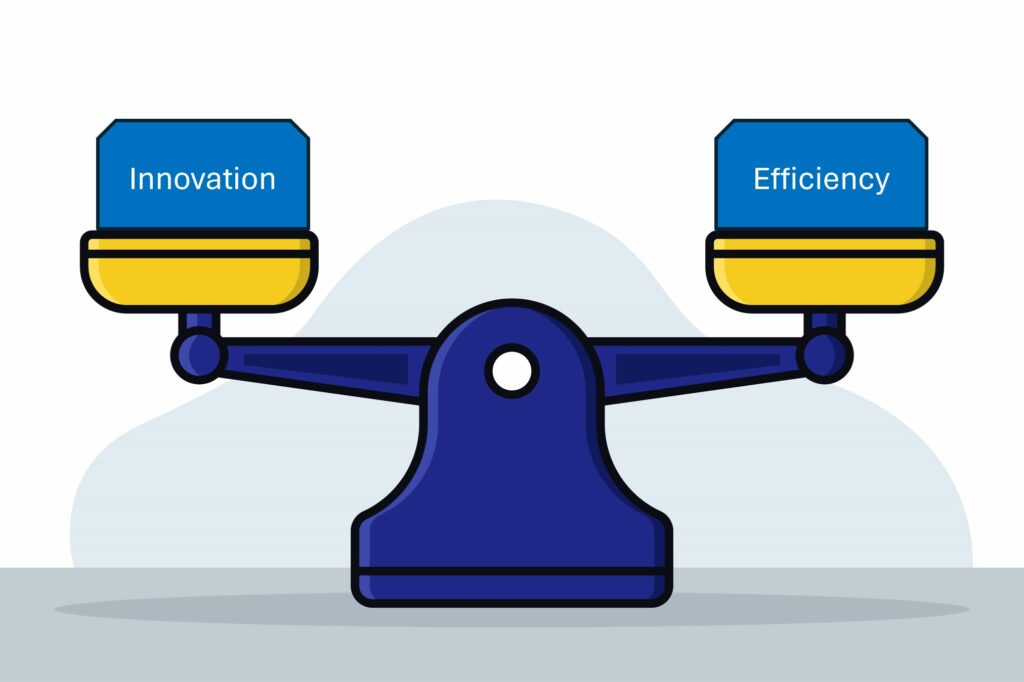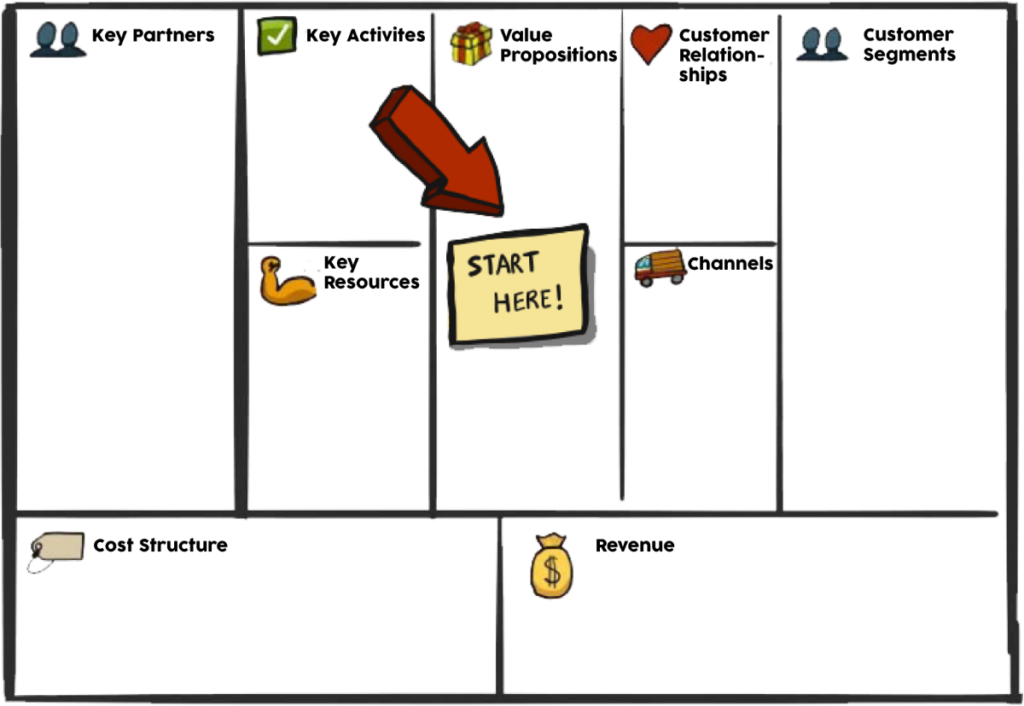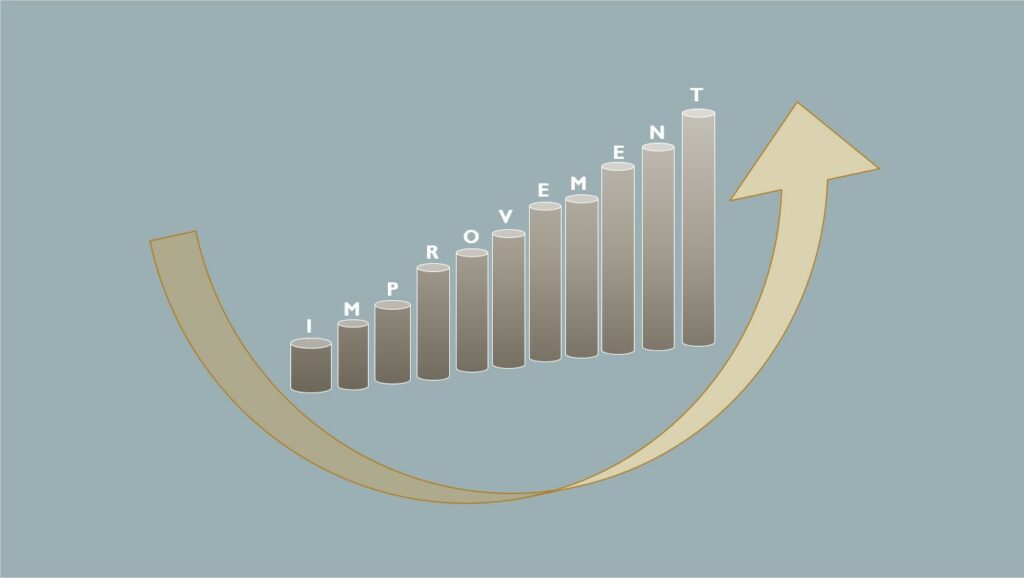Operational Efficiency
Implementing Strategy: Balancing Innovation and Efficiency
Leading successful change can be paradoxical. There is a drive to disrupt the status quo while embedding new ways of working. Familiar processes get upturned and new processes need to be learned. We replace systems with new ones and map and transform data to fit. People have to give up their habits and behaviours and…
Read MoreCutting Costs while Adding Value: Is it possible?
Can we reduce costs and add value at the same time? Yes. You can. But it takes some objectivity, some research and reflection and a willingness to change. Cutting costs while providing more value sounds counter-intuitive but it need not be. My experience in consulting, and in management prior to that, is that necessity is…
Read MoreThe Value of Quantifying Waste
The city I live in has a big problem with its water pipes. The region’s water provider, Wellington Water, estimates 45% of the drinking water it supplies is lost through damaged pipes. The loss is from over 3,000 leaks in the water mains, not dripping taps on private property. Historic underinvestment, messy governance and an…
Read MoreFocus your Business on your Value Proposition
I moved into a new apartment recently and took on the internet account. What I thought would have been a simple, user-friendly task, unfortunately, was far from it. I’ve never seen something so simple made so difficult. The internet service provider’s (ISP’s) business processes are so poor. The customer is not the focus at all. …
Read MorePaying for election promises – room for improvement
New Zealand is awash with political promises as the general election looms. There are so many new policies from every party. No problem seems too big to solve right now. How can all those things possibly get done? How can a government do so many new things when budgets are already committed to existing things?…
Read MoreWhat is Value Stream Mapping?
In Lean thinking, we use Value Stream Mapping (VSM) as a visual tool to identify value for the customer. Its roots trace back to Toyota’s car manufacturing. After World War 2, Japan’s economic situation was uncertain. They needed to be creative to remain competitive. Instead of stockpiling parts, Toyota created a system for only developing…
Read MoreWhy does best practice matter?
Over 20 years ago, I designed and managed a process benchmarking project for a large organisation. It was part of the initiation stage of a business process reengineering project. In this case the BPR project was supporting the establishment of a business function which had been under-resourced. It was now being set up to succeed…
Read More






